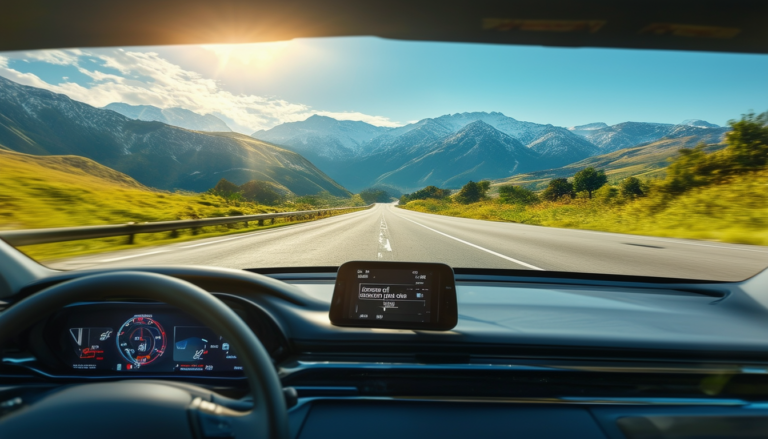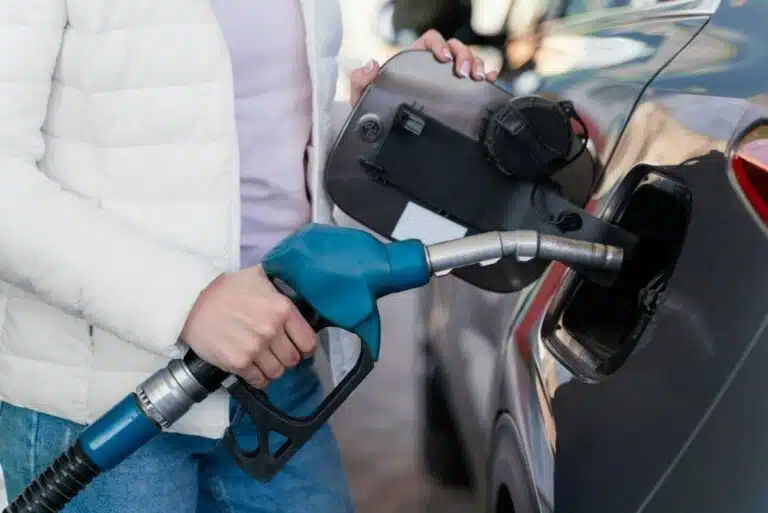Five effective strategies to save fuel while driving

With the constant rise in fuel prices, the need to save gasoline while driving has become crucial for the economy of many households. Implementing effective strategies can make the difference between high spending and maintaining financial control. Below are five simple and practical strategies designed to help drivers optimize fuel consumption, ensuring more efficient and environmentally friendly driving.
Rising fuel prices have made fuel efficiency more important than ever. Implementing effective strategies not only helps reduce expenses but also contributes to safer and more environmentally friendly driving. Here are five practical tips to optimize fuel consumption while driving, ensuring a more efficient and economical driving style.
Maintain proper tire pressure
One of the most important aspects for achieving efficient driving is ensuring that tire pressure is adequate. Underinflated tires can significantly increase fuel consumption, as the engine has to work harder to move the vehicle. It is recommended to check the pressure regularly, especially before taking long trips. Keeping them inflated not only improves fuel economy but also ensures better stability and safety while driving.
Adopt a steady speed
Maintaining a constant speed is key to reducing fuel consumption. Avoiding sudden acceleration and braking helps keep the engine in an optimal efficiency zone. Driving at a steady speed allows the engine to work more efficiently and consume less energy. Using cruise control on highways can be a great help in achieving this speed consistency, avoiding variations that can increase fuel expenses.
Plan your trips
Before embarking on a journey, it is advisable to plan the most efficient route. This not only saves time but can also significantly reduce fuel consumption. Using navigation apps that provide real-time traffic information and selecting routes that avoid unnecessary stops or congested roads can contribute to a more economical driving style.
Avoid overloading the vehicle
Additional weight in the car increases fuel consumption. When a vehicle is overloaded, the engine must use more energy to move it, resulting in higher fuel expenses. It is essential to regularly check luggage and avoid carrying unnecessary loads. If possible, consider leaving some items at home or distributing the load among several passengers.
Use engine braking
Using the engine brake is an efficient technique for saving fuel. Instead of braking abruptly, it is recommended to release the accelerator and let the vehicle slow down naturally. This nearly stops the fuel supply to the engine, helping to reduce consumption by up to 2%. This technique not only saves fuel but also promotes safer and smoother driving.
Implementing these five effective strategies can lead to significant fuel savings in daily life. From maintaining proper tire pressure to planning trips and avoiding unnecessary loads, efficient driving is a practice beneficial for both the wallet and the environment.
In a context where fuel prices continue to rise, it is crucial to implement strategies that allow us to save gasoline while driving. By following practical methods, every driver can significantly improve the efficiency of their vehicle, which not only affects their personal economy but also contributes to the reduction of polluting emissions.
The first strategy is to maintain a constant speed. As speed increases, fuel consumption rises dramatically, reaching up to 30% more at 120 km/h. Therefore, driving at a speed of 90 km/h is considered optimal for savings. Additionally, using engine braking on descents can help reduce fuel costs by allowing the engine to operate with less load.
Another important recommendation is to ensure that the tire pressure is adequate. Underinflated tires increase gasoline consumption and jeopardize safety. It is also advisable to load the vehicle properly since excess weight can cause the engine to work harder and consume more fuel.
Finally, it is essential to know when to use air conditioning and when to roll down the windows. In the city, rolling them down may be helpful, but at high speeds, the air conditioning becomes the best option. By implementing these strategies, each driver will not only save on fuel but also contribute to a cleaner and more sustainable environment.




